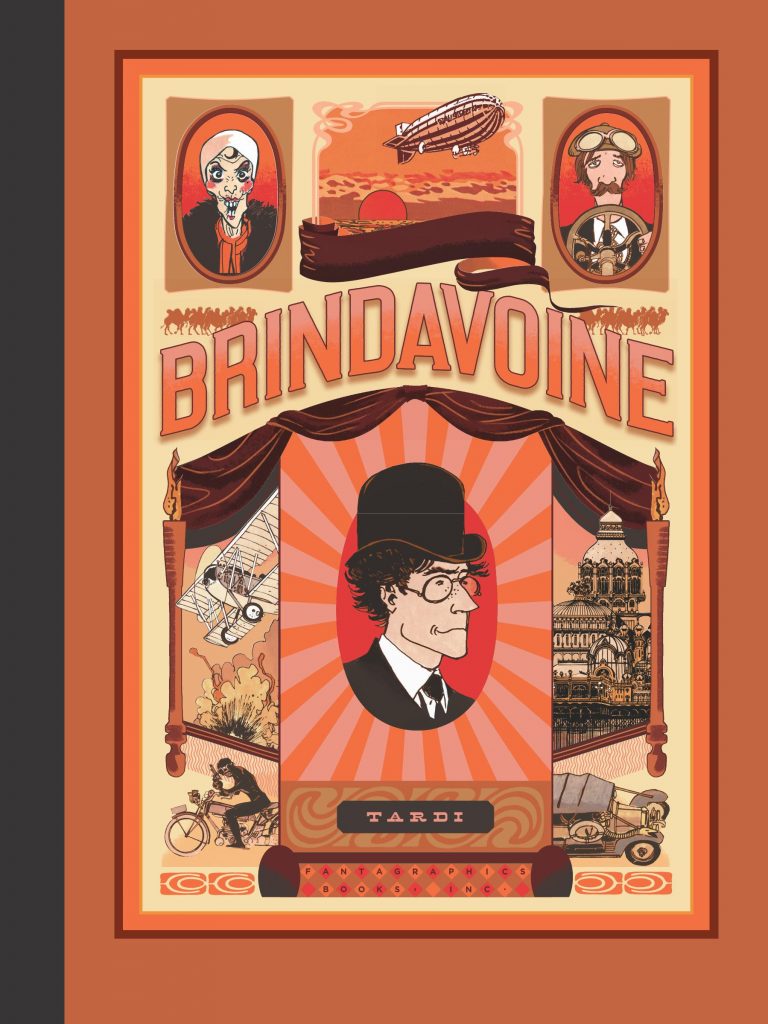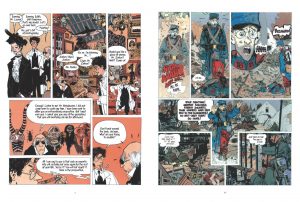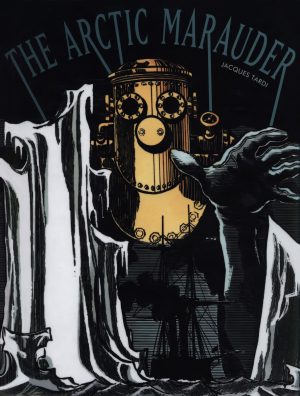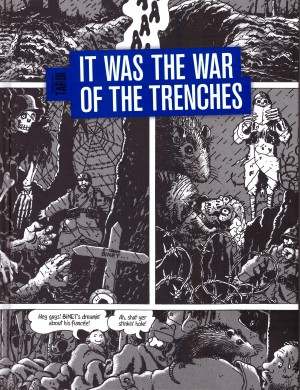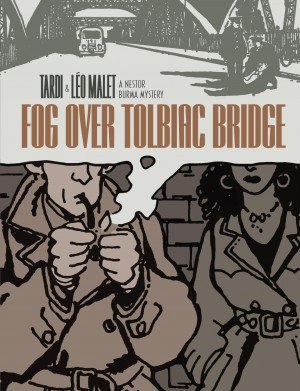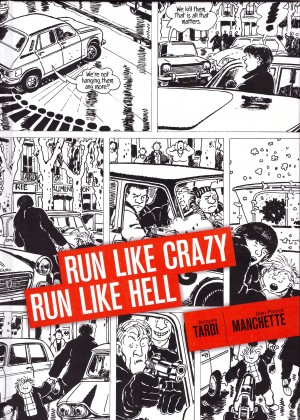Review by Frank Plowright
Jacques Tardi’s long and distinguished career stretches back to 1972 when he first serialised this graphic novel, never previously seen in an English edition. It stars the completely irredeemable photographer Lucien Brindavoine in the dying days of La Belle Epoque, but an alternative one that would be retroactively labelled steampunk. It’s noted in the introduction that Tardi was working the genre long before the term was coined.
With the themes of the two stories here Tardi laid out his stall from the very beginning. The longest is a wild shaggy dog tale, almost a trial run for the world of Adèle Blanc-Sec, where Brindavoine would also feature. It shares the whimsical worldview, and complementary artistic joy in the presentation of unusual items. That’s apparent in the sample art of Brindavoine’s house and in subsequent locations where Tardi mixes with the unusual with the commonplace, a loving pastiche of the past continual. At its best this results in glorious illustrations of preposterous formality, such as the Englishman stopping for tea in the hills of Afghanistan, making the most of the cross-cultural stew of people introduced in the first story.
The ten page second story muses on the futility, tragedy and horror of World War I, a matter to which Tardi would return at length later in his career. This is unfocussed, the righteous anger present, along with a melancholy, but the messy, crowded art not working as well on what’s a statement.
Over the first story the visual inventiveness is a strength that outweighs the downside of a plot that’s little more than a vehicle for whatever Tardi feels like drawing, be it a giant iron palace in the Middle-Eastern style or a gorilla. His conceptual designs are memorable, all the more so considering this is Tardi’s first work, and his lumpy people remain timeless for looking like the work of no other artist.
Farewell Brindavoine may not appeal to fans of Tardi’s later, more structured work, but step back and consider how many creators have produced something so individual and cohesive their first time out.
